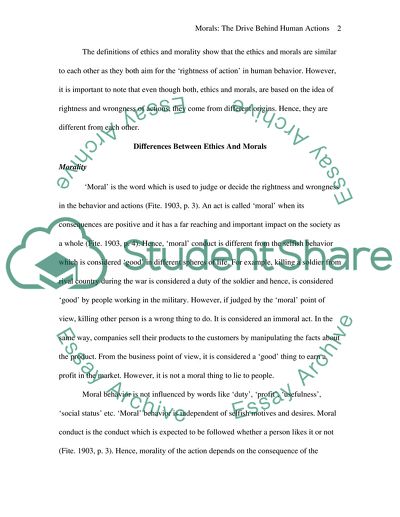Cite this document
(“Morals: The Drive Behind Human Actions Research Paper”, n.d.)
Morals: The Drive Behind Human Actions Research Paper. Retrieved from https://studentshare.org/philosophy/1744009-ethics-vs-morals
Morals: The Drive Behind Human Actions Research Paper. Retrieved from https://studentshare.org/philosophy/1744009-ethics-vs-morals
(Morals: The Drive Behind Human Actions Research Paper)
Morals: The Drive Behind Human Actions Research Paper. https://studentshare.org/philosophy/1744009-ethics-vs-morals.
Morals: The Drive Behind Human Actions Research Paper. https://studentshare.org/philosophy/1744009-ethics-vs-morals.
“Morals: The Drive Behind Human Actions Research Paper”, n.d. https://studentshare.org/philosophy/1744009-ethics-vs-morals.


